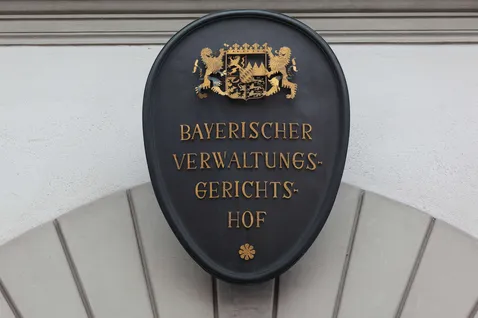Judgment reasoning published: FRM II lawfully in operation
Umrüstung, Aktuell, Pressemitteilung |

"The plaintiff primarily argued that the permit included a deadline of December 31, 2010, for converting to fuel elements with a lower enrichment level of Uranium-235," the BayVGH stated in a press release. "Therefore, operation with highly enriched uranium has not been permitted since January 1, 2011."
Obligation to convert
The court did not agree. It found "neither a time limitation nor a substantive restriction of the operating license" in the deadline provision, but rather "only a condition." The conversion is an "obligation" of the Technical University of Munich (TUM), which is part of the license's conditions. It further states: "This is supported primarily by the fact that TUM was required to initiate an amendment approval procedure prior to the conversion."
Deadline invalid
Due to unforeseen difficulties in the development of suitable fuel, however, it was impossible to comply with the conversion obligation. "The deadline had therefore become ineffective," writes the court. And: The retrofitting date was based on a political decision, not on legal requirements. Therefore, it was "not so significant that non-compliance would have rendered the entire operating license null and void", the BayVGH press release continues.
"We remain fully committed to the conversion to low-enriched uranium," said FRM II’s Scientific Director, Prof. Dr. Christian Pfleiderer. "Scientists, cancer patients, and industrial companies urgently need the neutrons provided by the research reactor."
Revision not admitted
Since TUM has met its obligations, there is no reason for revoking the judgment. The plaintiff may file a complaint against the refusal to admit the revision with the Federal Administrative Court within one month.
More information:
Press release from the Bavarian Administrative Court dated September 25